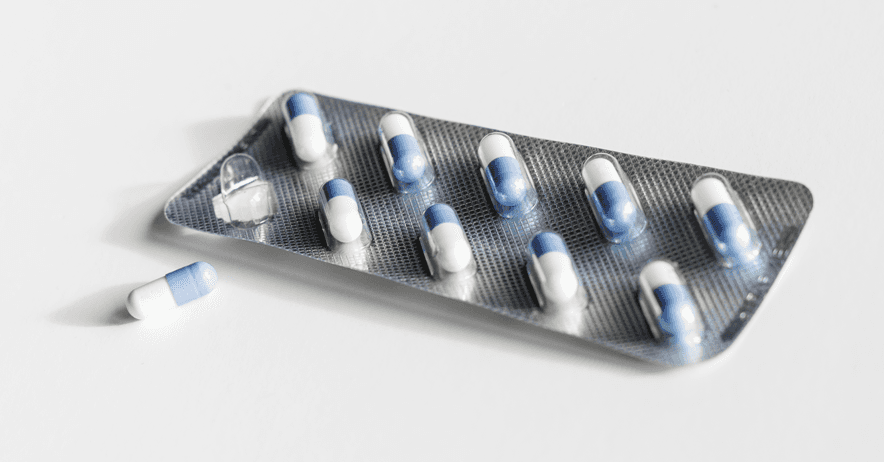The government, patient organisations, care providers and the pharmaceutical industry all want patients to have access to medicines as quickly as possible. This prompted the Medicines Evaluation Board and the National Health Care Institute to launch the parallel procedure pilot in 2019. In this pilot, the assessment of an application to grant a marketing authorisation for the Dutch market was carried out in parallel to an assessment of whether or not to reimburse a medicine under the basic health insurance package. This parallel procedure reduces the total assessment time by approximately 3 months. It has been a structural task of the Medicines Evaluation Board and the Health Care Institute since February 2022.
What does the parallel procedure involve?
Normally, the Health Care Institute only starts the procedure for reimbursement under the basic health insurance package after the Medicines Evaluation Board or the European Commission has granted a marketing authorisation for the Dutch market. In the parallel procedure, the Medicines Evaluation Board and the Health Care Institute assess an application to grant a marketing authorisation for a new medicine while also assessing whether or not the new medicine will be reimbursed under the basic health insurance package. This puts the marketing authorisation holder for a medicine (usually the manufacturer) in a position to submit the dossier to the Health Care Institute before the Medicines Evaluation Board or the EC has granted a marketing authorisation for the medicine in question. The assessment of whether or not to reimburse a medicine under the basic health insurance package starts earlier as a result.
- Read more about how the Medicines Evaluation Board assesses medicines.
- Find out how the Health Care Institute assesses whether or not to reimburse a medicine under the basic health insurance package.
For which medicines does the parallel procedure apply?
The parallel procedure can be used to assess two types of medicine:
• medicines that are available from pharmacies on prescription (outpatient medicines)
• expensive medicines that are used in hospitals (inpatient medicines).
The parallel procedure is not intended for medicines across the board, only for those that have not been granted a marketing authorisation for the Dutch market yet. For the time being, eligibility has been limited to medicines that are to be assessed on the basis of the centralised authorisation procedure. It is also very likely that inpatient medicines will have to be placed in the 'sluice for expensive medicines'.
Collaboration between the Medicines Evaluation Board and the Health Care Institute
The parallel procedure is the result of intensive collaboration between the Medicines Evaluation Board and the Health Care Institute. It is important for both to coordinate their relevant procedures and tasks. The Medicines Evaluation Board assesses the quality, efficacy and safety of medicines before granting a marketing authorisation for them, while the Health Care Institute assesses whether outpatient and expensive specialist medicines are eligible for reimbursement under the basic health insurance package.
was launched in 2019. It revealed the need for the Medicines Evaluation Board and the Health Care Institute to work with manufacturers more than they do in normal procedures. The pilot showed that the two organisations are collaborating well, paving the way for a significant reduction in the assessment time of medicines. The parallel procedure has been a joint task since February 2022 and is now offered as an option for certain medicines.
Registration
It is important for applicants that wish to arrange a parallel assessment to contact project leaders at the Medicines Evaluation Board and the Health Care Institute at an early stage. For information about registering for a parallel procedure, please contact us.
